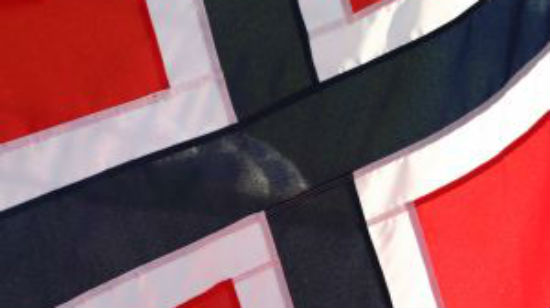Reform of the betting industry is an issue which looks set to run and run. It’s hardly a new phenomenon, dating back at least to the 19th century, but the advent of the internet hasn’t exactly simplified things either.
For one thing, you can in theory at least access an online casino from almost anywhere in the world and start playing. Online slots in particular are an issue, since they account for such a huge proportion of betting revenues and whilst following the same principles as the slot machines of old, they are infinitely superior in terms of variety, playability and of course payouts.
Norway is one country where it’s not the jackpots that are progressive so much as the gaming laws, and lawmakers and concerned parties round the world watch developments there with interest. Here we present a quick overview of recent developments in Norway, the pressures that led to them and any possible consequences outside of the country.
Norsk Tipping
Norsk Tipping, effectively the Norwegian State monopoly controlling gambling in that land, is no stranger to taking radical steps to protect its punters and indeed the whole country. Banning slots in 2007, blocking the entry of UK bookmakers William Hill into the marketplace, and its ongoing commitment to social responsibility are all acts which highlight the fact that it is the only game in town. Added to that, Norway is unencumbered by EU regulations (it has never been a member state) so you have a unique betting landscape where the future is far more in the hands of its own punters than is the case in other markets.
Slots go then come back again – sort of
This doesn’t mean that there aren’t any clouds on the horizon, though that depends hugely on your standpoint. Take the example of the slots ban noted above. Prior to the event, slots had made up such a large component of betting revenues in the country (64% of gross betting revenues in 2004 by some estimates) that it would be inconceivable to imagine a private enterprise pulling out of its activities in that field just 3 years later, yet that is precisely what happened. The reasons for this were first and foremost due to a concern about ‘problem gambling’, not wholly unfounded in a sparsely-populated country afflicted by long hours of darkness for a few months in the year.
However, just 2 years later in 2009 the slots were back, albeit in a greatly skimmed-down form. IVT video ‘slots’ were now available, which can only be played using a card, and the card itself is capped on how much a player could contribute to it per day. A form of state-enforced pre-commitment if you will. And only a year later came a crackdown on betting with online casinos based outside of Norway. This didn’t take the form of an outright blocking of access to foreign-based casinos, such as NordicBet, on Norwegian IP addresses, which can technically be circumvented if you know how, but the rather more ingenious measure of banning payments to online casinos. In other words you can play at an online casino to your heart’s content, just that you wouldn’t be able to play for real money!
Open to interpretation
So does this seemingly ‘ethical’ approach to gaming actually work? Depends who you talk to. Proponents of the Norsk Tipping model would point to the NOK85bn, adjusted to today’s prices, that has been ploughed back into ‘worthy causes’ in the country since Norsk Tipping’s inception in 1948, as being a good thing, and that may well be the case.
In fact the Norwegian situation has been scrutinised in countries as far afield as Australia, where the status of ‘pokies’ (an Australianism meaning ‘slots’) is a live political issue. Proponents of slots would point to the Norsk Tipping model as a prime example of how slots and gambling in general needn’t have a detrimental effect on society (though whether they’d advocate the implementation of a gambling sector that was wholly under state control is another question).
On the other hand, those in the anti-gaming camp say it has done no such thing, quoting figures which suggest that problem gambling increased from 1.3% (of all regular gamblers) in 2007 to 2.1% in 2010, after the slots ban came into being. One problem with the latter approach, however, is that the criteria for what constitutes ‘problem gambling’ have according to some reports changed, meaning that many of those who previously would have been in the ‘normal’ range of gambling now find themselves in the ‘problem’ category even if their behaviour remains unchanged.
The private sector follows suit?
The private sector sometimes follows the Norsk Tipping lead as well. For instance Paf casino, based on the Finnish Åland/Ahvenanmaa islands, distributed €20m to worthy causes in 2012, and most reputable online casinos will have a responsible gaming policy which can include advice and support, contact numbers and other solutions to problem gaming. The Norwegian experience demonstrates above all that whatever one’s view of gaming is, it is a fact of life, and it is far better to allow it, even to promote it, in a restricted form, than to outright ban it thus driving it underground.









 SuperLenny
SuperLenny











